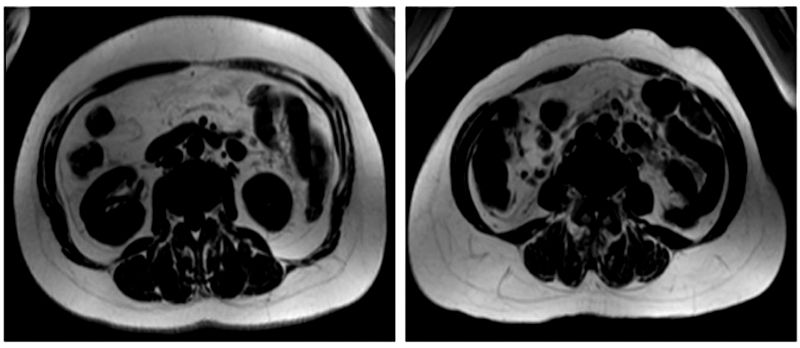Japanese Americans at Higher Risk of Building Up Liver Fat, Study Finds



By Carl Samson
Japanese Americans have a higher risk of accumulating fat in the liver and abdomen compared to other ethnic groups, a new study found.
For one, compared with African Americans, Japanese American men and women had greater fat distribution by 61% and 122% in the liver, and 45% and 73% within the abdomen, respectively.
Researchers at the University of Hawaii Cancer Center conducted the study to identify groups that have a higher risk for metabolic disorders.
They collected data from 1,794 participants of African, European, Japanese, Latino and Native Hawaiian ancestry aged 60 to 77 years old from May 2013 to April 2016.

Participants were evaluated through dual energy X-ray absorptiometry and abdominal magnetic resonance imaging, which showed fat distribution in the said areas.
While Japanese Americans had the highest liver and abdominal fat areas across all groups, African Americans had the lowest.

“This new discovery is important because excess visceral fat and liver fat found in Japanese Americans pose a much greater risk of metabolic disorders than fat stored in other body areas,” lead author Unhee Lim said.
These metabolic disorders, if left untreated, may lead to heart disease, diabetes and more than a dozen types of common cancers.”
The study, published in the journal Gastroenterology, is the most ethnically diverse yet in measuring body fat distribution with whole-body composition imaging and abdominal MRI.

Researchers recommend that the “extensive differences” between ethnic groups should be considered in the prevention and early detection of metabolic disorders.
“Our goal is to develop blood markers of visceral and liver fat in order to identify high-risk individuals for prevention of metabolic diseases,” principal investigator Loïc Le Marchand said.
“We are also testing dietary and lifestyle changes that would specifically reduce visceral fat and liver fat. Physicians in Hawaiʻi and elsewhere should be aware that race/ethnicity is an important risk factor for metabolic diseases and obesity-related cancers.”
Share this Article
Share this Article